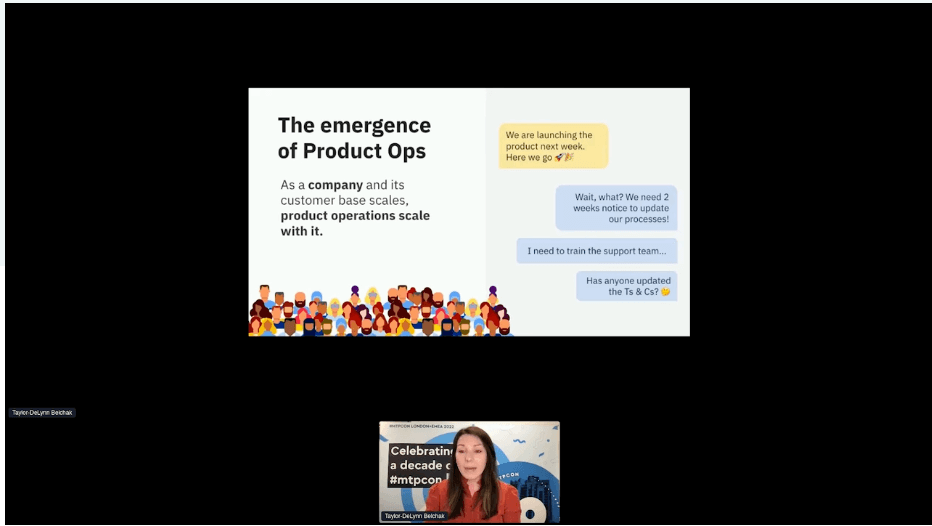From Anthropic’s job warning to Workday’s product charm offensive, here’s the news that grabbed our attention this week.
In a forecast projected by Dario Amodei, CEO of Anthropic, warned this week that AI could eliminate up to 50% of entry-level white-collar jobs over the next 1–5 years. First reported by Axios, Amodei suggested unemployment could hit 20% in the U.S. as AI tools replace several functions.
The CEO highlighted this to share his concerns on the job market, and stressed for a measured roll out, raising questions for product teams that are building with AI at the core.
“We need to be honest about the disruption this will cause,” Amodei said.
Following its AI-first strategy announcement, Duolingo found itself in hot water. The company looked to automate contractor work and slowed hiring unless work couldn’t be automated. The memo caused concern among staff and the general public, prompting Duolingo CEO, Luis von Ahn to clarify in a LinkedIn post that Duolingo will continue hiring, viewing AI as a tool to augment, not replace, employees.
“To be clear: I do not see AI as replacing what our employees do (we are in fact continuing to hire at the same speed as before). I see it as a tool to accelerate what we do, at the same or better level of quality. And the sooner we learn how to use it, and use it responsibly, the better off we will be in the long run,” he wrote.
Expect more tech companies to tread more carefully when announcing AI strategy shifts — especially when workforce impacts are involved.
This update from Duolingo highlights the importance of communication when making changes to a product or feature, especially with the many concerns connected to AI.
Salesforce this week raised its full-year revenue outlook after ‘better-than-expected’ quarterly results, citing strong adoption of its AI products like Agentforce and AI agent. The company raised its annual sales forecast to $41 billion to $41.3 billion in the year ending in January 2026, compared with its earlier forecasts of $40.5 to $40.9 billion.
Salesforce CFO Amy Weaver also acknowledged that AI is reducing the need to hire new engineers and customer service roles, saying productivity gains are enabling the company to do more with fewer people. This mirrors broader moves in enterprise tech where AI is both driving cost optimisation within specific roles while also offering new AI feature solutions to customer problems.
Gerrit Kazmaier, Workday’s new President Product and Technology, made his debut in an interview on The Verge’s Decoder podcast earlier this month. His mission? Make enterprise software “as likeable as your favourite consumer app.”
He argued for better product thinking in enterprise, especially around design and usability. Kazmaier wants Workday to be faster, more intuitive, and increasingly AI-powered — without alienating users with complexity.
This reflects a larger trend: enterprise product leaders are realising that good UX isn’t optional anymore. Expectations set by consumer apps are bleeding into B2B software, and even the most back-office platforms are being reimagined with design, delight, and speed in mind.






